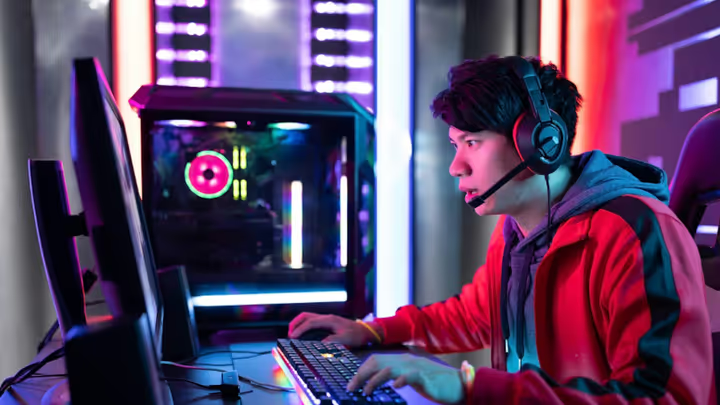AI Companions: Are Virtual Friends Replacing Real Ones?
Explore the rise of AI companions and whether virtual friends are starting to replace real human relationships.

Can AI companions fill the void left by real human relationships? From chatbots to virtual friends, technology is pushing the boundaries of how we connect. According to a 2024 MIT Technology Review, the market for AI companions is projected to reach $12 billion by 2028. But as these digital confidants grow in sophistication, they’re raising important questions: Are they supplementing or substituting human bonds?
The Rise of AI Companions
AI companions are not just a futuristic concept—they’re already here. Apps like Replika, Soulmate AI, and ChatGPT-based chatbots offer 24/7 companionship, providing users with conversation, empathy, and even emotional support. According to a Pew Research Center survey, 22% of Americans have interacted with an AI chatbot in some form, a number that has doubled since 2020.
These virtual friends are designed to be more than mere digital assistants. Many use advanced natural language processing and machine learning algorithms to simulate empathy and understanding. They learn from conversations, adapting to users’ moods and preferences, which can create a sense of intimacy that feels surprisingly real.
Human Bonds vs. AI Connections
But while AI companions can be comforting, they’re not replacements for genuine human connections. Studies in the Journal of Computer-Mediated Communication (2023) suggest that while users often feel a sense of friendship with their AI companions, these interactions lack the depth and unpredictability of human relationships.
Real-world relationships involve shared experiences, complex emotions, and the unpredictable spontaneity that AI—no matter how advanced—can’t replicate. Virtual friendships can ease loneliness, but they might also make it harder for people to engage in real-life social interactions, leading to increased social isolation in the long term.
Ethical and Emotional Implications
The growing presence of AI companions raises ethical questions. Are we creating digital illusions that distract us from real relationships? Critics argue that AI companions exploit emotional vulnerabilities, offering a comforting presence without the risk of rejection or judgment.
At the same time, some therapists see promise in AI companions for those struggling with social anxiety or depression. They can provide a safe space to express feelings and practice social interactions, as long as users remain mindful that these are tools—not true replacements for human relationships.
The Future of Friendship?
So, are AI companions replacing real friends? The answer seems to be: not entirely. They’re filling gaps, offering convenience and emotional relief in an increasingly digital world. But they can’t fully replicate the profound and messy beauty of human connection.
For most, AI companions are a complement, not a substitute. As we integrate these digital relationships into our lives, the challenge is to use them wisely—balancing the comfort of AI with the authenticity of human bonds.
Actionable Takeaways:
- Reflect on your relationships: Are you using AI companions to supplement or replace real-life connections?
- Be mindful of boundaries: AI can be a helpful tool, but don’t let it crowd out genuine friendships.
- Explore responsibly: If you’re curious, try an AI companion app, but remember it’s a simulation, not a substitute.


